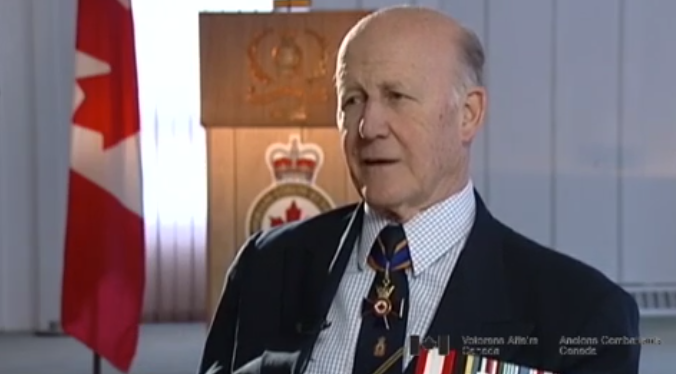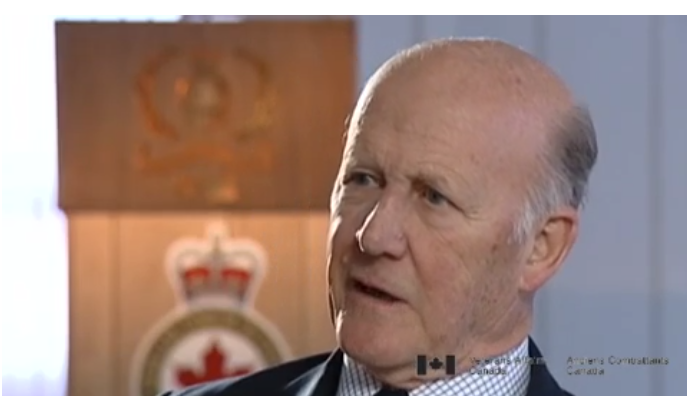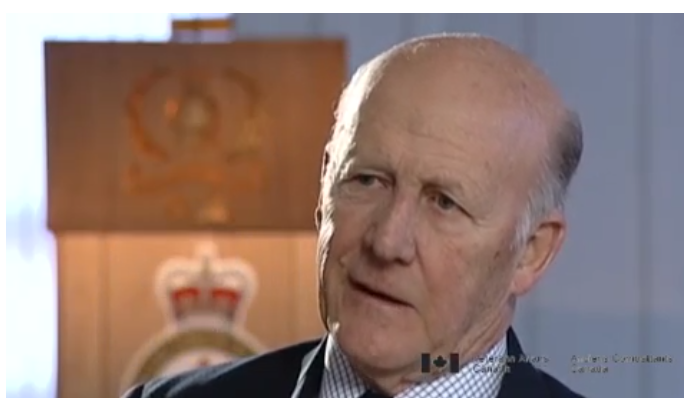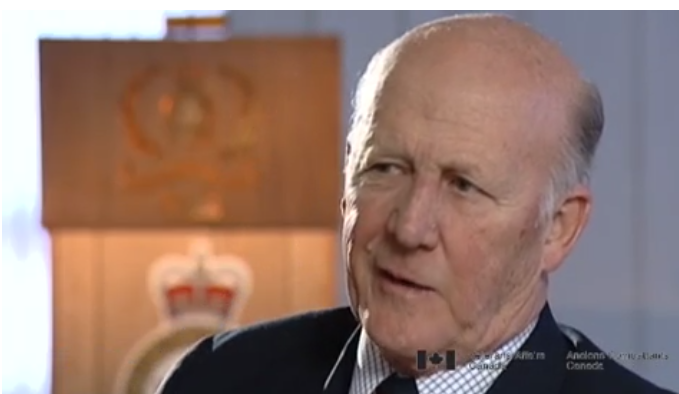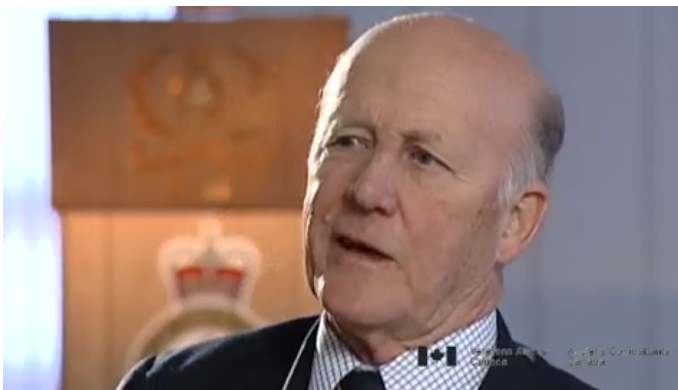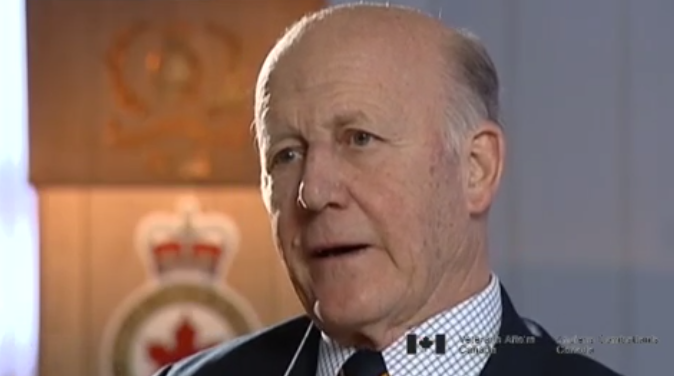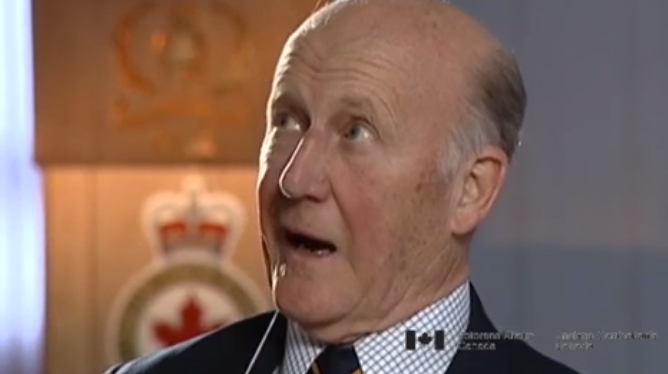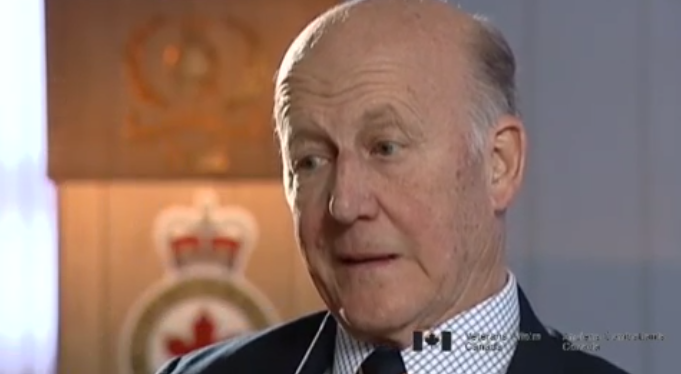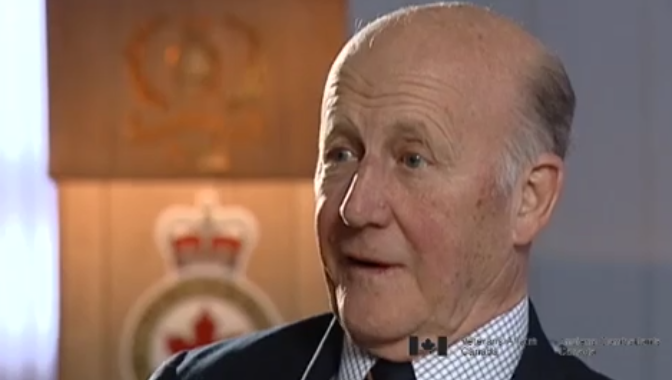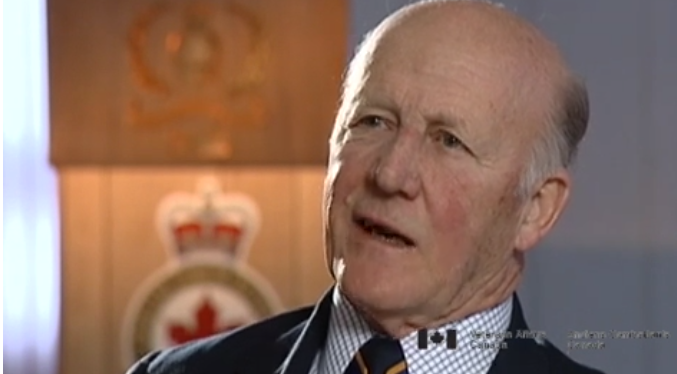The UN tends to want everything decided in New York.
Well, if your on the line in Cyprus, the company commander,
like I was, I was the guy that has to take a decision whether
you open fire or not. Today, it’s become so restrictive that you
probably would not have any options at all but to wait for a
word from New York. So, you know, it’s maybe an exaggeration but
you talk to some of my friends like Lou McKenzie that encountered
all this in Yugoslavia later. It’s very difficult to get anything
decided in New York and military operations have a way of being
nice and lovely here today we’re sitting here talking and you go
outside the door and your fired on. Then it changes and no time
to come back and say who do we call. We love the structure in
NATO I think, basically the UN structure was a bit frustrating,
a bit confusing. Although the time that I was there was in the
first year so there was still enough activities and the UN had
not been there so long that we’d had that many restrictions
placed on us. So, in a lot of ways, we had a lot more freedom of
action to take action ourselves than we came to have later.
Because I went back there in ‘69 as a battalion commander and the
defacto Canadian contingent commander and already the differences
between ‘65 and ‘69 were dramatic. I mean, you know, if there
was one shot fired by a hunter after a bird or a rabbit there,
I mean the whole world turned upside down. Exchanges of fire
when I was there the first time were four or five times a week
probably. Not necessarily with us but over our head between the
Greeks Cypriots and the Turks and you’re always somewhere
in between trying to get them to stop. And you have to get pretty
close to them to get them to stop. And we were fairly successful.
In ‘74, well of course, when the Turks landed, they invaded
and they took over the whole sector. And, as you know,
the Canadian Airborne Regiment had about 23 casualties in a
matter of twenty-four hours . And I was commanding a Canadian
Brigade in Germany at that time and I’m the one that was sending
heavy kit there. Airplanes started to come to Lar and we would
ship APC’s and TOW Under Armour and TOW vehicles for anti-tank
capabilities. We were building up the airborne regiment to make
it much tougher and much heavier. And we did all this out of
Germany because it would take too long from here. So we took this
out of our own stocks, away from our troops and then fished out
some of the stuff that was in the national stocks. Took the
grease off and, you know . . . . But, it the meanwhile, Cyprus
was being reinforced because it had turned into a war. And
although Canadians were not a belligerent, well, they got
attacked at a few places and they had to defend themselves.
My boss commander CFE just sent me a little warning order and he
says, “Better come and see me.” So I went and saw him. It was
just across the parade square and then we gathered all the CO’s
and we gave a briefing and then he told me, “Since you’re the
last one that’s worked as a battalion commander in Cyprus,
tell us what you think is going to happen.” So I said,
“Well I think you’re seeing the Cyprus situation being solved.
We may not like it the way it is but the Turks will not get out
of there.” I said, “They’ve had a motivation to move in now.”
And I’d say, “Forget it, I think your seeing partition.” And I
said, “Well, that doesn’t make life more comfortable for our
people but . . . ” And, in fact, this is what happened. This was
not a very, this was not very challenging crystal ball gazing.
Because when I was there the first time and even the second time,
I mean, you know, everywhere the Turkish sector you just see
Taxim, taxim which was separation. And the minute they were given
the occasion to do it... and it was an election really that
triggered them. An election in Cyprus of a man they didn’t have
any respect for and they said it’s time to go and they moved in.
Somebody gets hurt on the sidelines when these things happen.
And the Canadians were hurt on the sidelines on that one. So we
beefed them up and things stabilized again and then of course it
went on for quite a few more years with very little trouble.



